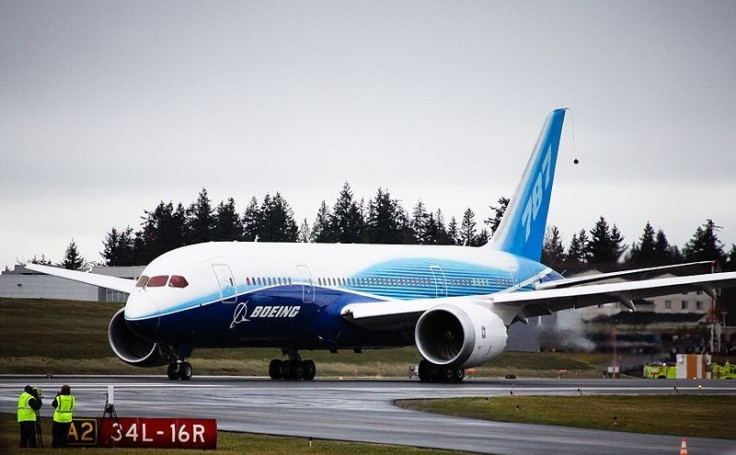Boeing: Machinists Union Deal a Significant Milestone, 2012 Risk Reduction Continues

Boeing, Co. (NYSE:BA) and the IAM 751 (Machinists) reached an agreement on a 4-year contract extension that will be in effect until September 2016.
Basically, in exchange for a deal to keep 737 production in Renton, covering both the 737NG and the 737MAX, Boeing is able to reach an agreement with the union nine months before the current contract is up for renewal. The company also got the union to agree to push the National Labor Relations Board (NLRB) to dismiss the case involving the new 787 assembly line in Charleston, South Carolina.
The current agreement is not scheduled to expire until September 2012. It is very unusual for Boeing and the union to reach an agreement long before the existing agreement expires.
The agreement itself looks straightforward, it includes a 2 percent general wage increase, a $5,000 ratification bonus, and a new incentive pay plan that can be up to 4 percent of a member's salary based on a set of production and quality metrics.
The agreement is a net positive for Boeing, in our view, as it eliminates both the fear of a potential strike in 2012 as well as the likely elimination of the NLRB case. The NLRB has to make its own decision whether to dismiss the case or not, but we find it hard to believe the NLRB would continue to pursue its case without union backing, Wedbush Securities analyst Kenneth Herbert wrote in a note to clients.
The Union gets to tout job security with the agreement that the 737MAX will get produced in the current 737NG facility in Renton, Washington. This will be the primary selling point by the union as it seeks to ensure that the agreement is ratified when it members vote on the agreement Dec. 7, 2012.
For ratification, the union needs just a simple majority of its 28,000 members. The final union approval of this agreement is all that is necessary now to keep the 737 production going in Renton until at least 2016.
We know that Boeing was looking at other potential locations for the MAX, such as San Antonio, and the company continues to believe that long term, it must do more to diversify production from the state of Washington, but clearly Boeing felt the commitment on the MAX was worth it for locking in the contract renewal now as well as eliminating the NLRB case, said Herbert.
However, the analyst was surprised by the timing of the announcement, but sees the logic. The union is now aware that Boeing will be shifting work out of Washington and they know that the success of the NLRB case regarding the movement of the 787 to South Carolina is a long shot.
On the other hand, Boeing was eager to settle this and avoid a repeat of the 2008 negotiations and ultimate strike. With the planned production increases, a strike for Boeing in late-2012 would be catastrophic, potentially jeopardizing much of the planned volume increases.
Moreover, Herbert said keeping the 737MAX in Renton could save the company over $1 billion in development and production expenses, further contributing to the R&D reprieve the company sees as the 787 production increases.
Also, Boeing will be able to plan a second narrow-body line in another location later in the decade as it takes its time to map out its new narrow-body or 737 replacement.
Shares of Boeing closed Wednesday's regular trading session at $68.69.
© Copyright IBTimes 2024. All rights reserved.











